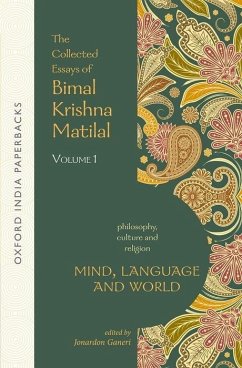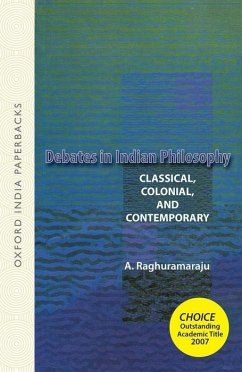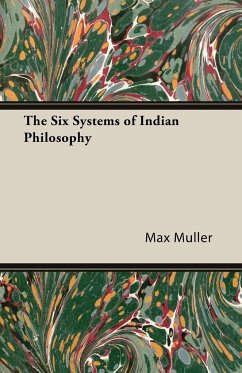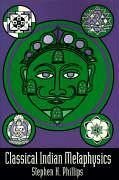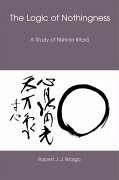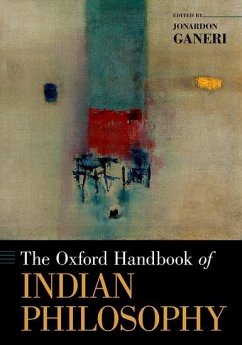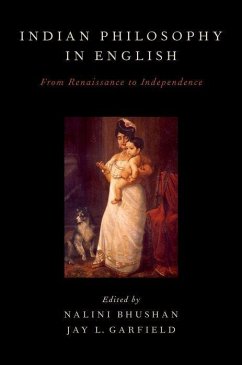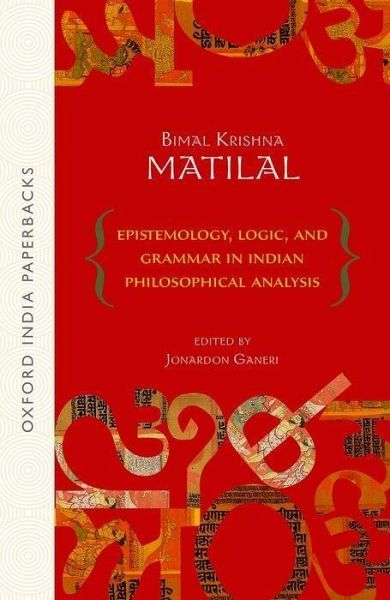
Epistemology, Logic and Grammar in Indian Philosophical Analysis
Versandkostenfrei!
Versandfertig in über 4 Wochen
25,99 €
inkl. MwSt.

PAYBACK Punkte
13 °P sammeln!
This landmark classic marks the beginning of a new approach to Indian philosophy. While older approaches were born from the assumption that critical thinking was unknown to the East and all philosophical endeavor was assumed to be a manifestation of religious doctrine or a form of mysticism, Matilal brilliantly succeeds in dispelling these assumptions and so opens up the rich traditions of Indian philosophical analysis to the modern reader.



